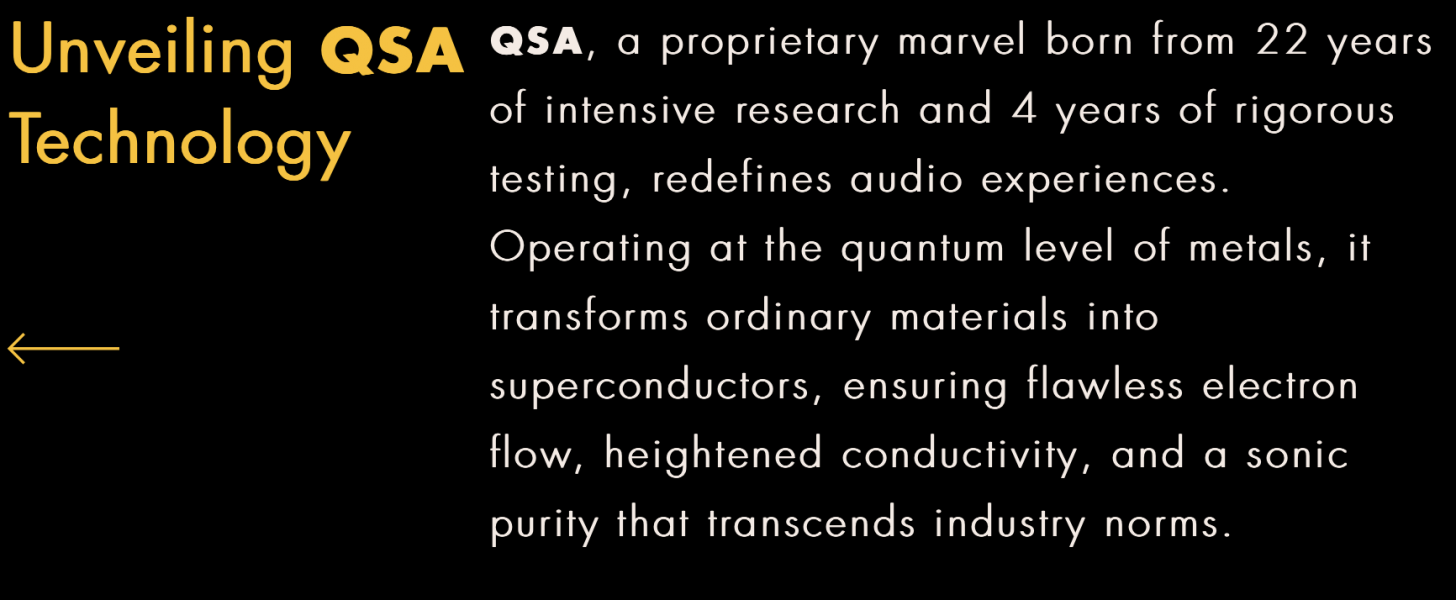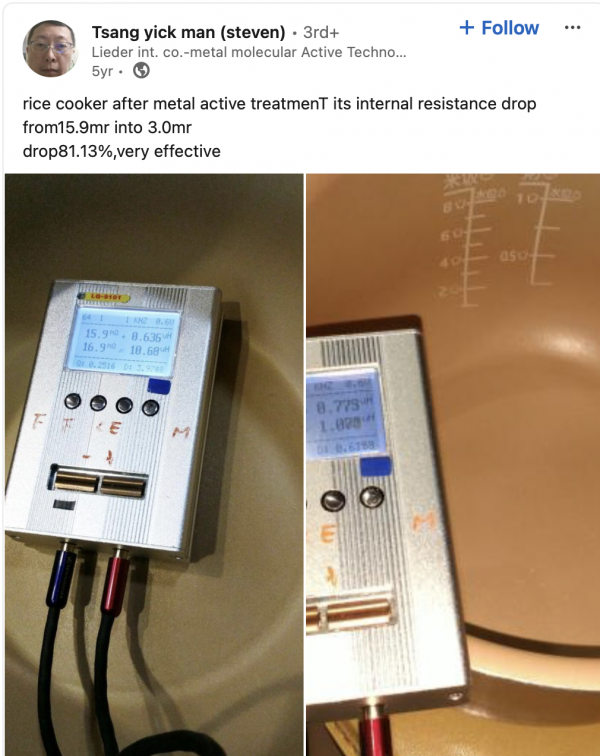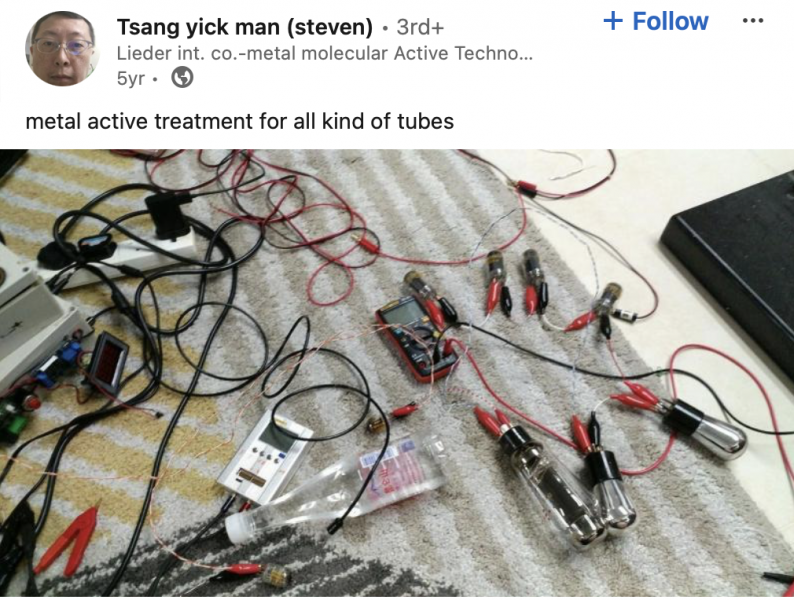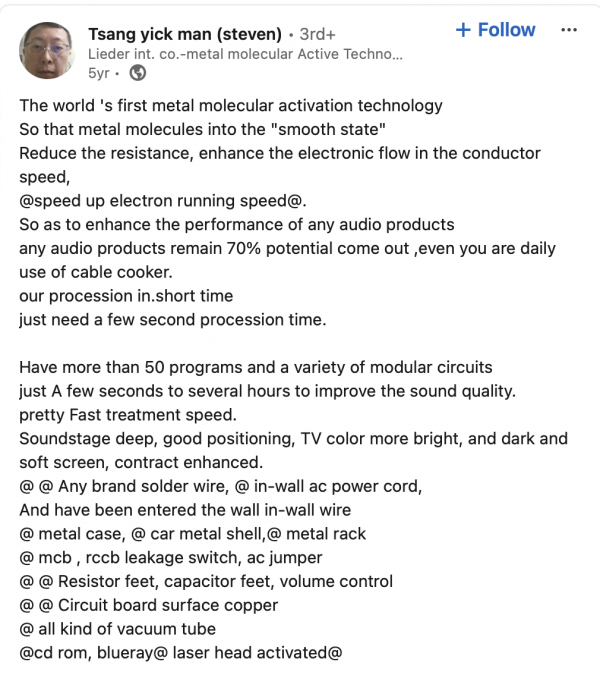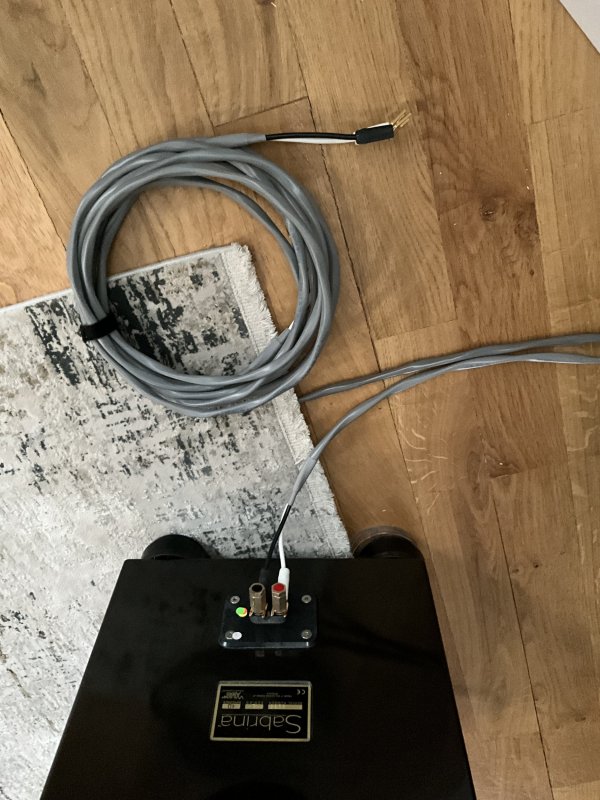I look at it from a scientific point of view. Because I see no relative measurements/comparisons demonstrated. Especially on what I call a macro device (a device that easily changed that everything counts on it. Power cords speaker cords, etc ) where comparison tests can be performed by anyone.Your sentiment is absolutely understandable.
I tried both QSA and QSA-Lanedri products only because they had a return policy, and let my ears decide if it’s worth it.
See my review of the cables. I had the same concerns.
I make, design, re-design, and modify some studio audio devices. So I know what would be relative in a change in performance. A fuse wouldn't change the performance for the better unless there was an instantaneous peak delivery issue which only occurs if the wrong fuse type is installed in the first place.
Edit: Where is the thread about their cables? I'm interested what you said about them.
Last edited:


